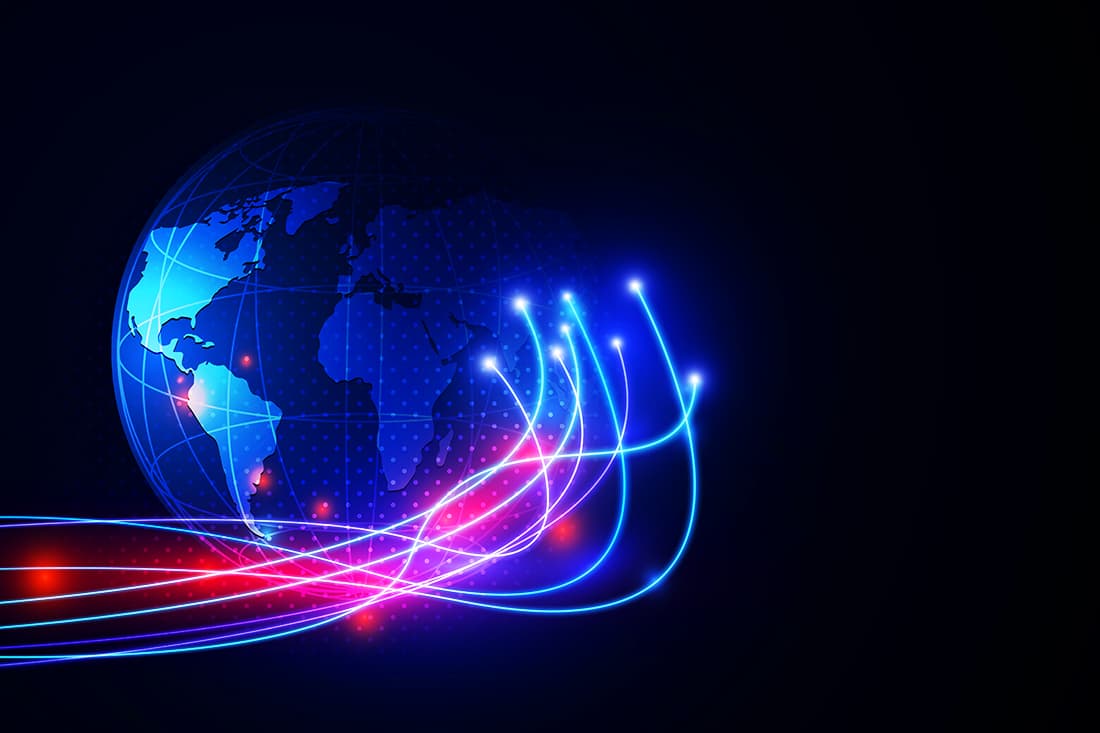Unleashing the Power of AI: Revolutionary Technology Takes on Deadly Diseases
Artificial intelligence (AI) has been lauded as a game-changer in the medical field, with its potential to transform how we diagnose and treat diseases. With the COVID-19 pandemic highlighting the need for innovative approaches to tackle deadly diseases, the power of AI in healthcare has come into sharp focus.
AI-powered diagnostic tools are already being used to detect diseases such as cancer, diabetes and heart disease with improved accuracy. The technology’s ability to analyze vast amounts of medical data and identify patterns that are difficult for human experts to detect, means it can aid in earlier detection of diseases and more personalized treatment.
One area where AI has shown great promise is in drug discovery, which historically has been a slow and expensive process. Through machine learning, AI is able to sift through vast amounts of medical data and identify potential new drug targets in a fraction of the time it would take a human team. This has already led to the identification of new treatments for diseases such as lung cancer.
The benefits of AI in healthcare are undeniable, but there are also concerns around data privacy and the accuracy of AI-powered diagnoses. There is also the risk of the technology perpetuating existing biases in healthcare. It is therefore essential that AI is developed and used in a responsible and ethical manner, with adequate safeguards in place to protect patient privacy and prevent algorithmic discrimination.
Despite these challenges, the potential for AI to revolutionize our approach to healthcare is enormous. As the COVID-19 pandemic continues to ravage the world, AI-powered diagnostic tools and drug discovery methods have the potential to speed up the development of treatments and vaccines, saving countless lives.
In the coming years, we can expect to see AI playing an increasingly prominent role in healthcare, with the potential to transform not just how we diagnose and treat diseases, but how we approach healthcare as a whole. The power of AI is too great to ignore, and its potential to unleash a new era of medical innovation is truly exciting.
- Gravity-Defying Dunk: Unleashing the Next Evolution of Basketball! - 29 de junio de 2023
- A Shattered World: Unveiling the Silent Triumph of Human Rights Fighters - 29 de junio de 2023
- Revolutionary Breakthrough: Unveiling an Unprecedented Paradigm Shift in Treatment Modalities! - 29 de junio de 2023
